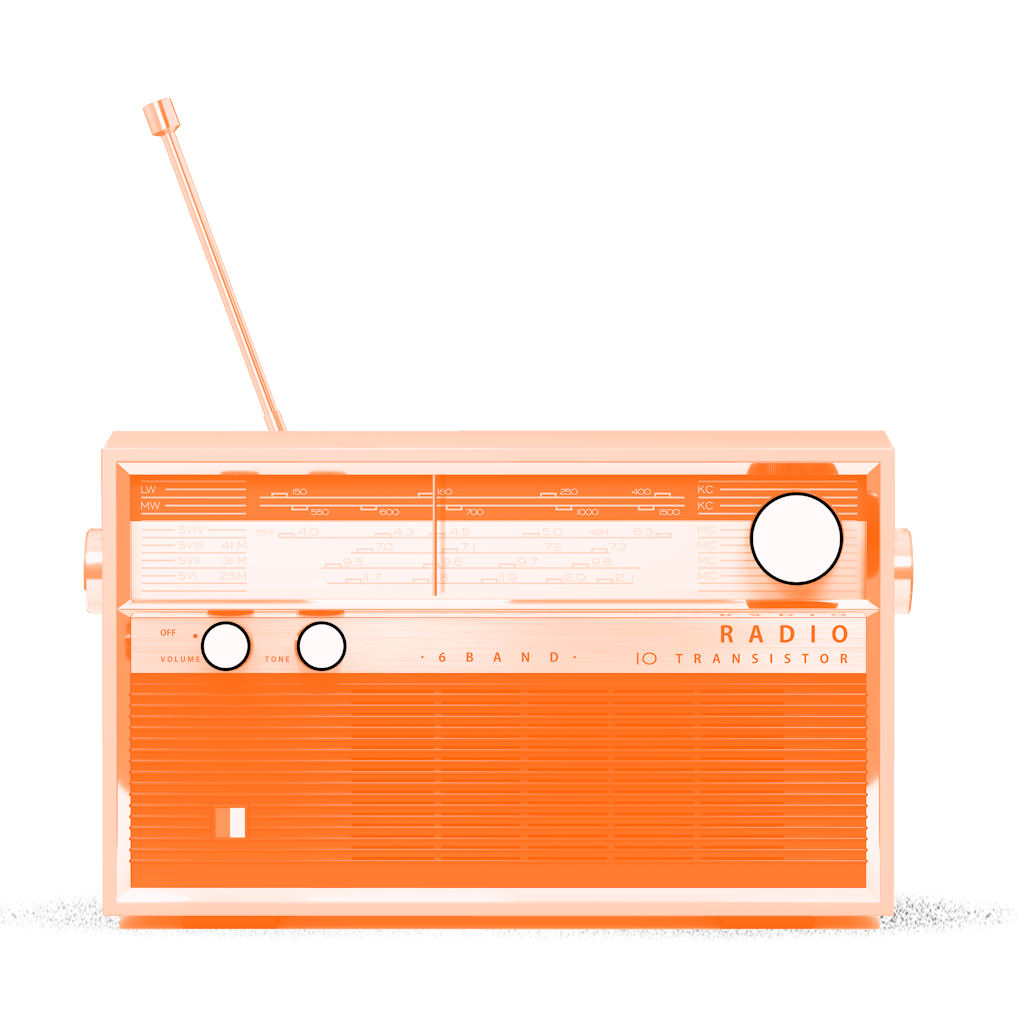TechCrunch | Mar 24, 2014
With one eye on businesses abandoned in the wake of the financial crisis and the other on a new generation of investors, startup companies are now raising significant sums to challenge the hegemony of big banks and investment firms.
The New York Times | Mar 12, 2014
Credit Karma, which helps users keep track of their credit scores, has just secured a little financial aid of its own.
USA Today | Feb 7, 2014
Bullying is headline stuff these days, in schools, on the Internet, in professional sports. A recent study has uncovered yet another form: financial bullying. And it's more prevalent than many might guess.
The Huffington Post | Feb 5, 2014
It's natural to be nervous about your credit when you see more news about breaches at major retailers in the headlines everyday. Now, even some processors for major hotel chains are reporting breaches. In fact, there is an entire universe of very sophisticated technology thieves trying to find weak links in our nation's payment system.
Forbes | Jan 17, 2014
Go to the gym. Read more books. Quit biting your nails. With so many resolutions for 2014 on your list, taking care of your finances might feel like it can wait ... until next month.
New York Daily News | Jan 13, 2014
There are great and ever-improving tools to help you budget, invest and get smarter about your finances
New York Daily News | Jan 13, 2014
There are great and ever-improving tools to help you budget, invest and get smarter about your finances
U.S. News & World Report: Money- Personal Finance | Dec 19, 2013
Bullying doesn't just occur in the schoolyard or the NFL; it happens in committed relationships, too.
The Guardian | Nov 10, 2013
What happens when you have no credit score at all? Without a credit card it turns out being responsible is not enough.
The Wall Street Journal | Oct 19, 2013
America's credit rating may be hostage to politics, but yours is not, so it's possible to improve a bad credit score if you'll obey your inner Tea Party.First, become your own deficit hawk. Get your credit scores, which vary among the three big credit-reporting companies (Experian, TransUnion and Equifax) but are usually similar. Find out for your credit score for free at Credit Karma.


